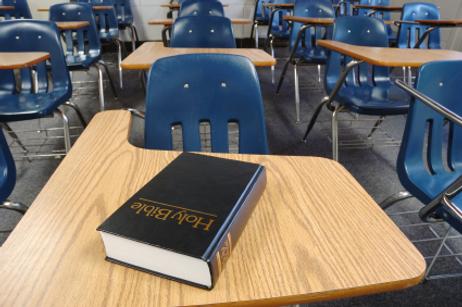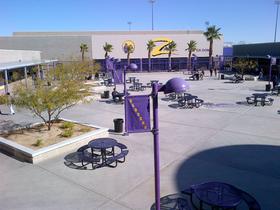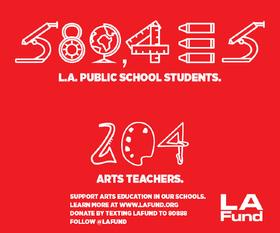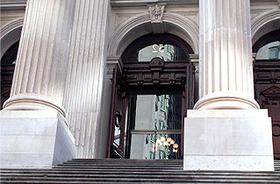New York churches now have legal permission to meet on weekends in public schools in the city, thanks to a recent ruling by the U.S. District Court in the Southern District of New York. The ruling marks the next milestone in a long-running battle between the Bronx Household of Faith and New York City. The fight began in 1995 when the church sought legal action after being denied the use of a school for their Sunday morning services. The ruling provides access to public schools by churches throughout the city, a move that some celebrated and others promised to continue to fight.
About the Bronx Household of Faith and NYC
In 1995, the Bronx Household of Faith submitted an application to city officials, expressing their desire to hold Sunday worship services at Public School 15. The New York City Department of Education denied the application, which cited the First Amendment’s Establishment Clause as the primary reason for keeping church services out of public school buildings.
However, the church countered that the denial violated its First Amendment rights and sued the city of New York to overturn the decision. The Alliance Defense Fund (ADF) has been representing the Bronx Household of Faith in court ever since the case originated in 1995. According to the Christian Post, the ADF argued against claims by the city that if schools allowed churches to hold worship services at the schools, it would be seen as an endorsement of religion by the city government.
As a result of the ensuing legal action, around 60 churches throughout New York City were in danger of eviction. The Christian Post cites MSNBC’s Martin Bashir, who called the decision by New York City to ban religion from public schools “a monstrosity of religious intolerance.” Bashir added that the ban would hurt those who helped poor communities in the area the most – the local churches.
Jordan Lorence, an attorney for the ADF, agreed with Bashir. Lawrence told the Christian Post, “There is no reason to exclude worship services from these empty school buildings, especially when the schools allow other community groups to meet. Why exclude churches that are helping their neighbors in so many significant ways?”
deo reports on the Bronx Household of Faith controversy.
What the Ruling Says
The New York Times reports that Judge Loretta A. Preska ruled that religious groups cannot be banned from holding services in public schools during hours when school is not in session. Judge Preska determined that banning religious groups violated the Establishment Clause of the First Amendment, which states, “Congress shall make no law respecting an establishment of religion, or prohibiting the free exercise thereof.”
Judge Preska further explained that the ban burdened the plaintiff’s exercise of free religion because the high rental fees at other buildings in New York made an alternative facility very challenging for the church with limited funding.
“Given the uniquely expensive and crowded real estate market in which the church resides eviction from the board’s schools would amount to a concrete loss of religious freedom,” Judge Preska stated in her ruling.
According to Thomas Reuters News and Insight, Judge Preska also asserted that concern over the city endorsing a particular religion was “misplaced” by city officials.
“The fact that a youth basketball program holds tournaments in a school at the same time that a church holds Sunday services there, both pursuant to a neutral policy that promotes the general welfare of the community, does not suggest to the informed objective observer that the school is endorsing religion just as it does not suggest the school is endorsing basketball,” Judge Preska writes.
NYC Vows to Keep Fighting
However, city officials in New York do not see the controversy in the same light. Jonathan Pines, deputy chief of the general litigation division of New York’s law department, told Bloomberg that the city plans to appeal the judge’s latest decision right away.
“We strongly disagree with the district court’s view of the facts – including its findings that the high rents in New York City require the government to provide religious organizations government-subsidized space for purposes of worship,” Pines wrote in an official statement.
Pines also upholds his position that allowing churches to meet in schools on Sunday mornings could be interpreted by an outside observer as government endorsement of a specific religion. He added that his office is “very disappointed” with the judge’s decision.
Others Celebrate Victory
While city officials prepare to fight once again, members of the Bronx Household of Faith and their representatives at the Alliance Defense Fund are celebrating Judge Preska’s decision. The pastor of the church, Robert Hall, told the New York Times that it was unfair for some religious activities to be allowed in schools but not others. Before the ruling, the city had established a requirement that religious organizations list all the activities that would be occurring if the organization used the school space. The group would be allowed if the discussion was the primary activity, but worship would not get the same treatment.
Lorence reiterated that the purpose of the lawsuit was not for the church to get any type of special treatment but to be handled the same way by city officials as any other community group.
“The court’s order allows churches and other religious groups to meet for worship services in empty school buildings on weekends on the same terms as other groups,” Lorence told the New York Times.
Questions> Contact us on Facebook. @publicschoolreview















